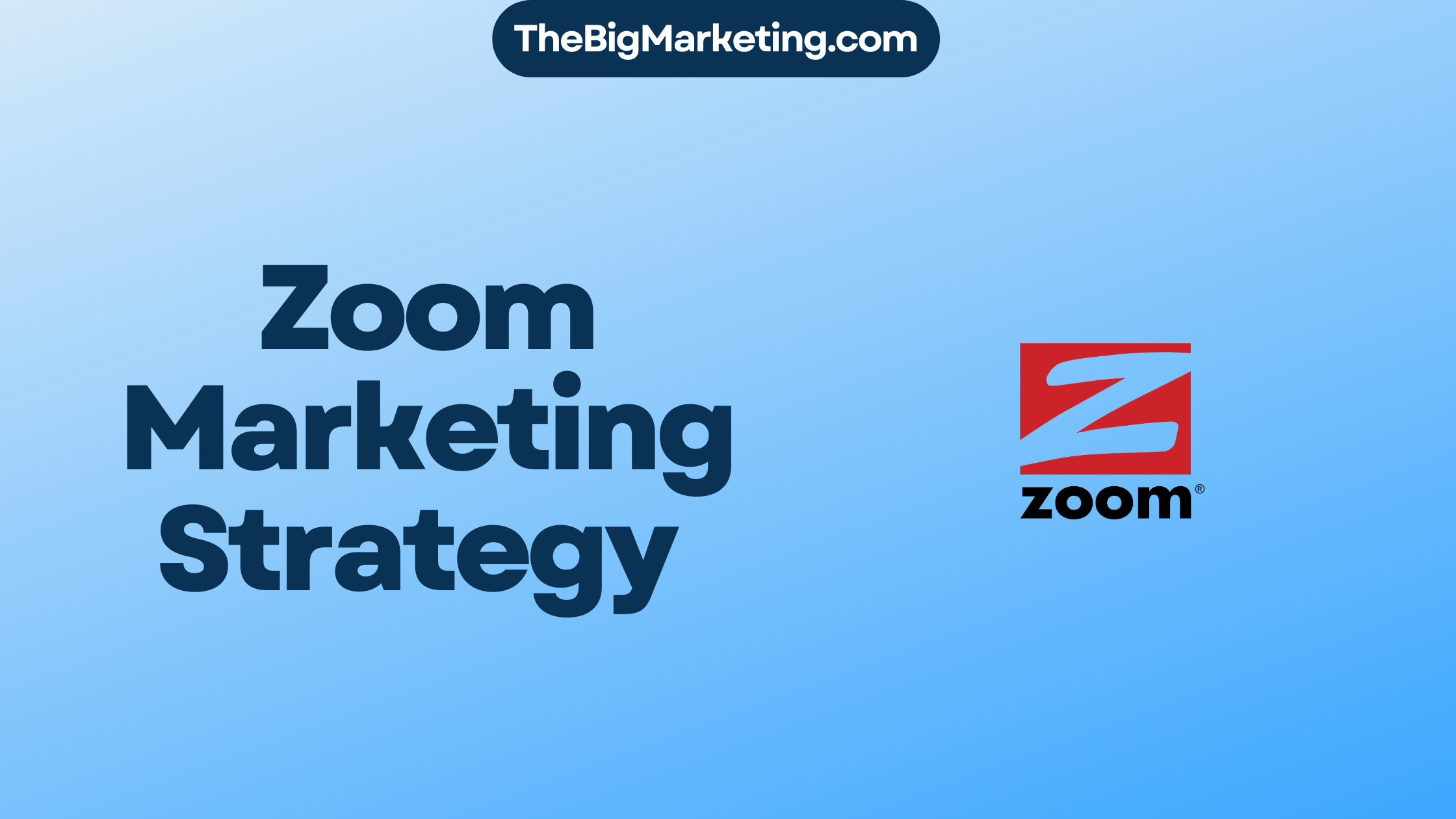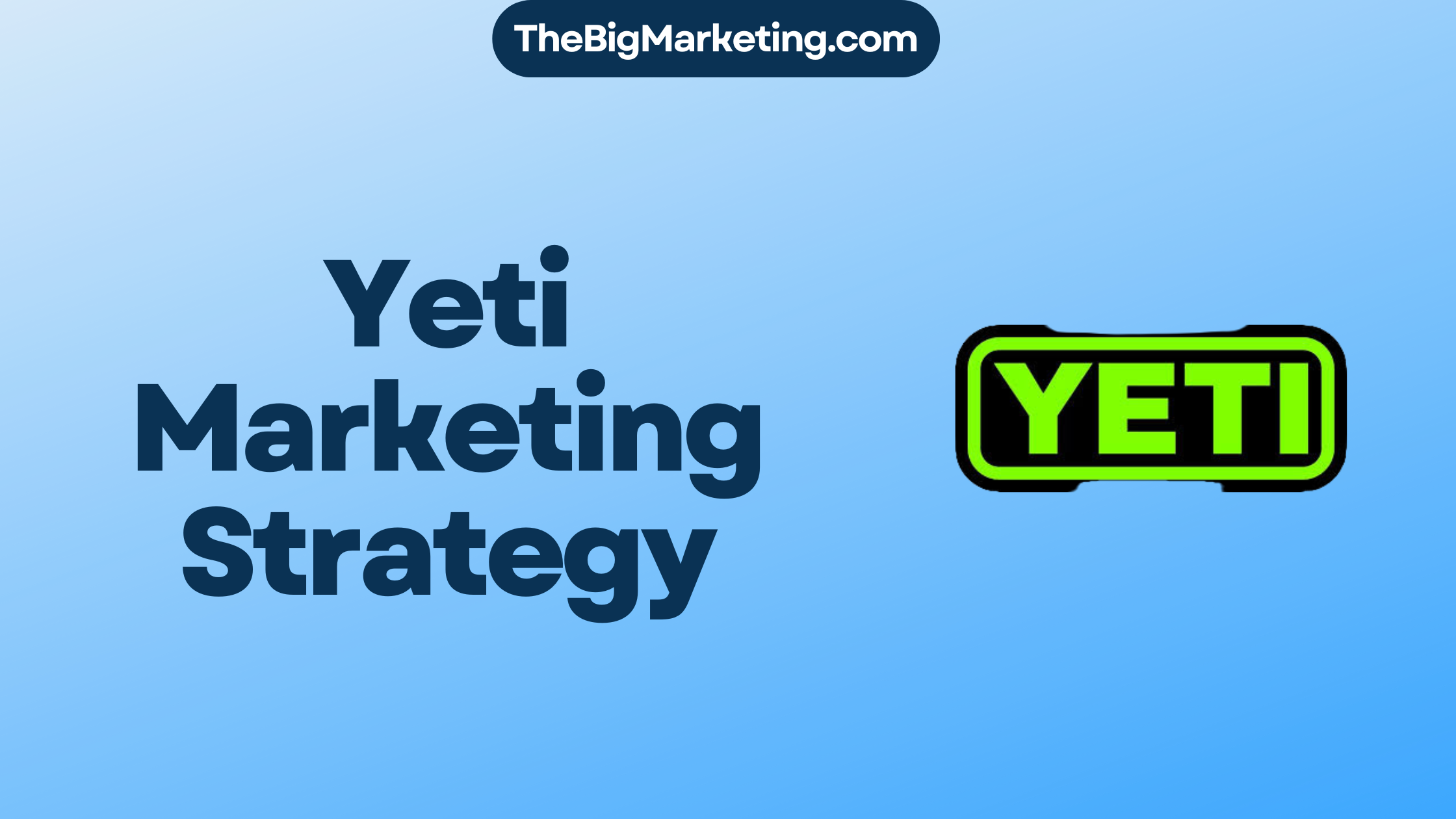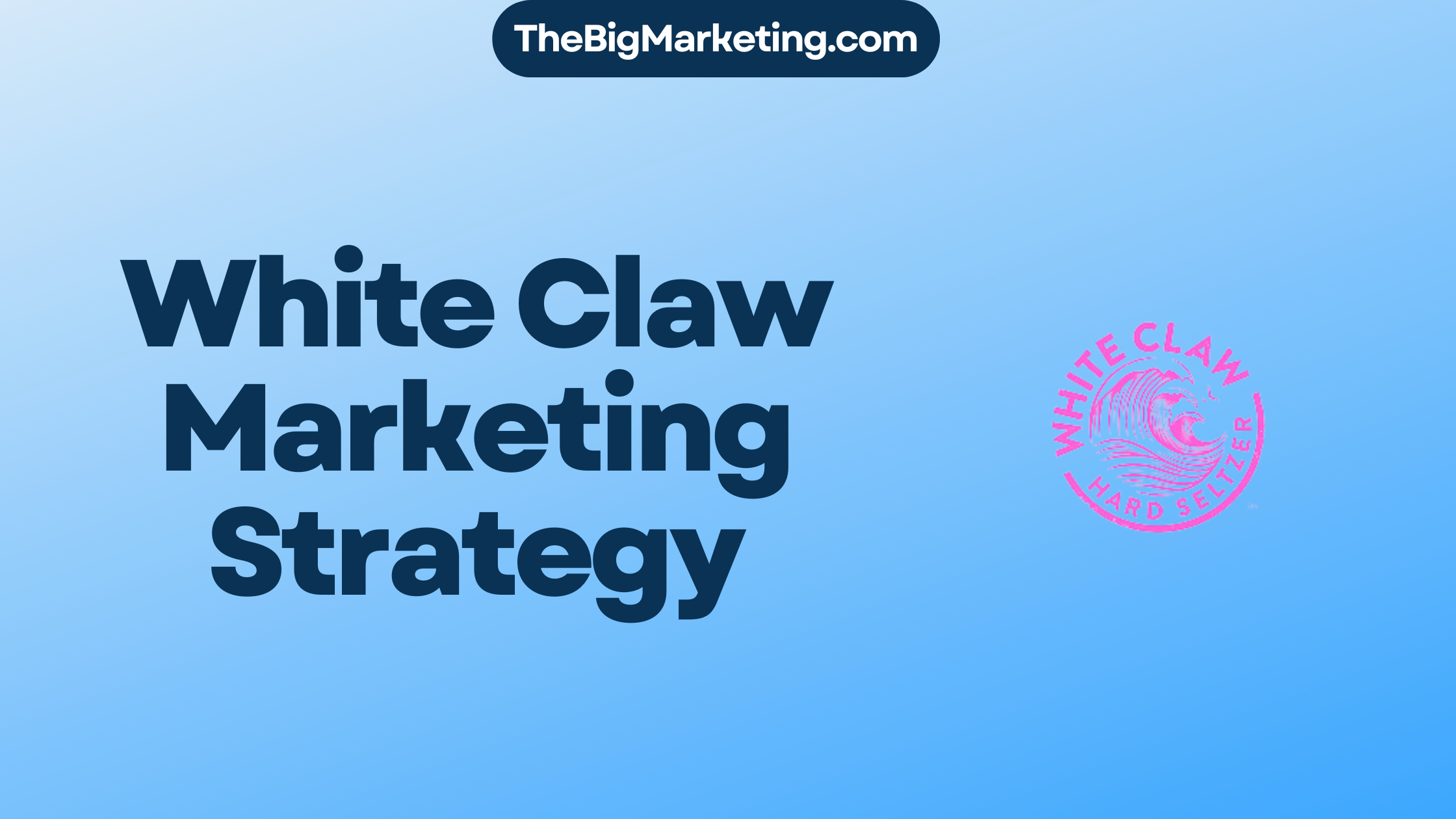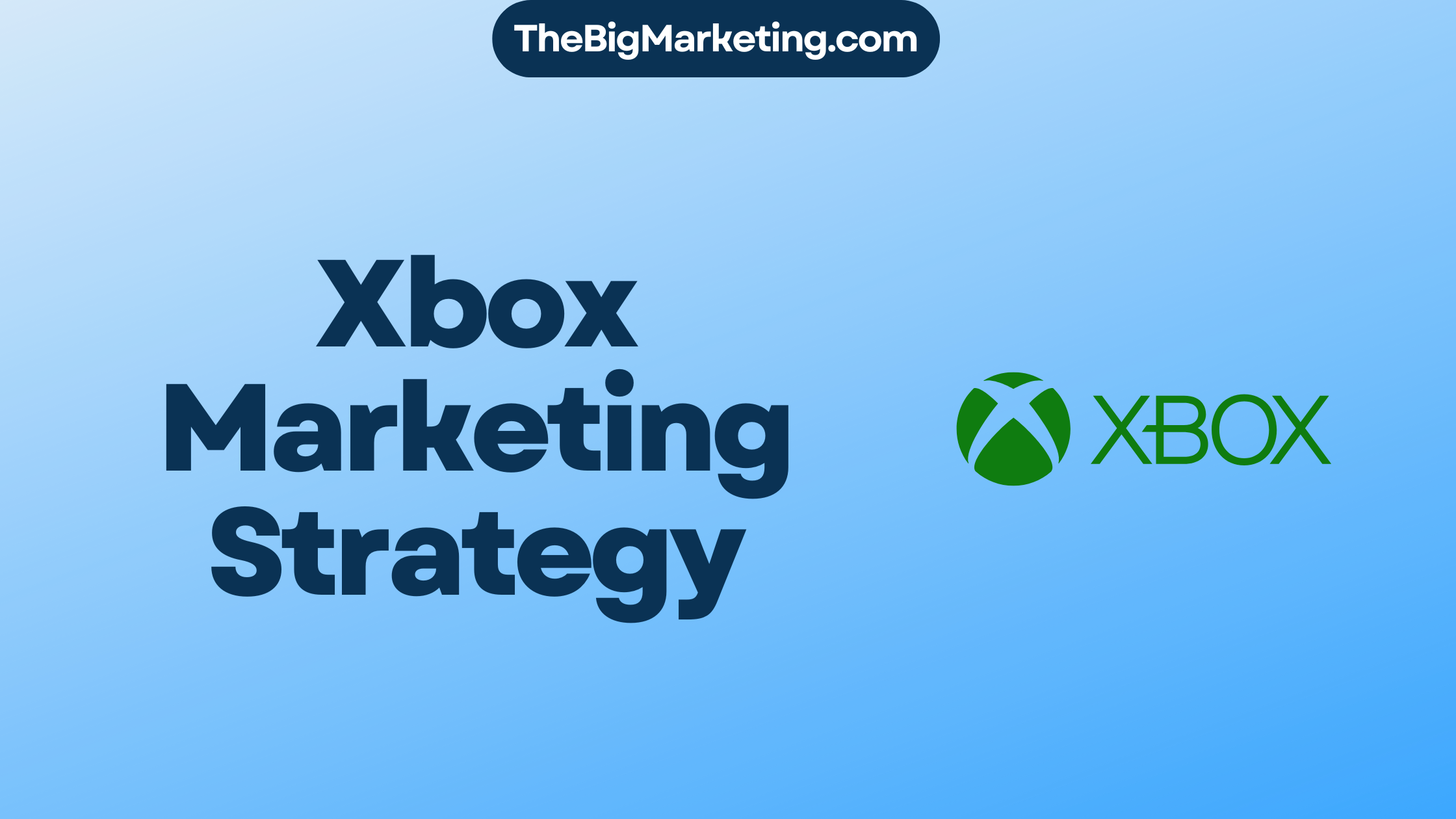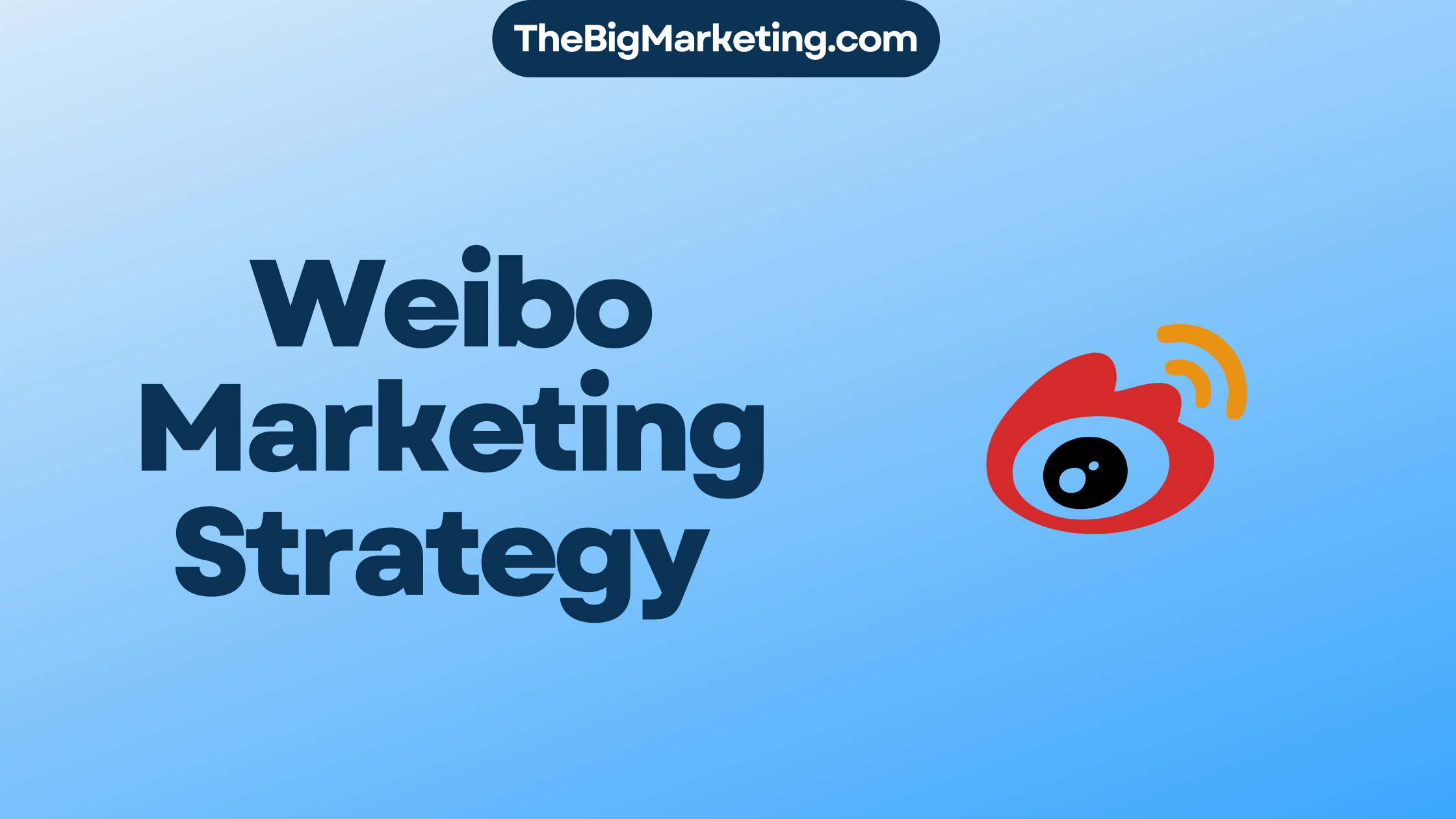Content marketing has become an integral part of the digital marketing landscape, allowing businesses to engage their audience, build trust, and ultimately drive sales. In today’s competitive online market, an effective content marketing strategy is essential for businesses looking to stand out and attract customers. By creating valuable and relevant content, businesses can connect with their target audience, establish credibility, and guide them towards making a purchase.
Key Takeaways:
- Content marketing is crucial in driving sales in the digital marketing era.
- A well-executed content marketing strategy builds trust and credibility with the audience.
- By addressing pain points and interests, businesses can attract potential customers.
- High-quality content boosts brand awareness and improves SEO.
- An effective content marketing plan involves understanding the target audience, creating a content calendar, and measuring results.
The Relationship Between Content Marketing and Sales
Content marketing is a powerful strategy that goes beyond simply driving sales. However, it is undeniable that a well-executed content marketing approach can significantly contribute to increasing sales. By creating valuable and relevant content, businesses can effectively attract their target audience, build trust and credibility, and ultimately drive them towards making a purchase.
When businesses invest in content marketing, they prioritize providing their audience with informative and engaging content that meets their needs and interests. By doing so, they can establish themselves as industry experts and thought leaders, gaining the trust of their potential customers. This trust and credibility form the foundation for building long-term relationships and effectively influencing purchasing decisions.
Through content marketing, businesses can demonstrate their expertise and knowledge in their respective industries. By addressing the pain points and challenges of their audience, they can offer solutions and valuable insights, positioning themselves as trusted advisors. This approach not only attracts potential customers but also establishes a sense of credibility and authority, making it more likely for them to choose the business over competitors when making a purchase.
A well-executed content marketing strategy also provides multiple touchpoints for businesses to engage their audience throughout their buyer’s journey. By consistently delivering valuable content, businesses can nurture their leads, guiding them closer to a purchasing decision. Content marketing enables businesses to educate, inspire, and connect with their audience, creating a deeper and more meaningful relationship that increases the likelihood of converting leads into customers.
Ultimately, content marketing plays a vital role in influencing purchasing decisions. By consistently delivering high-quality content that provides value and meets the needs of the audience, businesses can establish themselves as trusted sources of information, gaining the audience’s trust and confidence. With this trust and credibility in place, the audience becomes more inclined to make a purchase, driving sales and contributing to the growth and success of the business.
| Benefits of Content Marketing in Driving Sales |
|---|
| Attracts potential customers |
| Builds trust and credibility |
| Influences purchasing decisions |
| Nurtures leads |
| Increases conversion rates |
The Benefits of Content Marketing in Driving Sales
Content marketing offers several valuable benefits in driving sales. By implementing a well-executed content marketing strategy, businesses can significantly enhance their brand awareness, establish trust and credibility with their audience, boost customer engagement, generate leads and conversions, improve customer retention, and optimize their SEO efforts.
1. Brand Awareness: Creating and distributing high-quality content helps businesses increase their brand awareness. By addressing the pain points and interests of their target audience, businesses can attract attention and build recognition.
2. Trust and Credibility: Content marketing plays a vital role in building trust and credibility with potential customers. By consistently delivering valuable and relevant content, businesses can establish themselves as industry leaders and experts, gaining the trust of their audience.
3. Customer Engagement: Engaging customers through compelling content is a powerful way to drive sales. By providing valuable information, solving problems, and entertaining their audience, businesses can foster a deeper connection and encourage customer loyalty.
4. Leads and Conversions: Content marketing is an effective strategy for generating leads and driving conversions. By offering valuable resources and solutions through their content, businesses can attract qualified leads and guide them through the buyer’s journey, ultimately resulting in sales.
5. Customer Retention: Content marketing helps businesses maintain a strong relationship with their existing customers. By consistently delivering valuable content even after the purchase, businesses can deepen customer loyalty and increase customer retention rates.
6. SEO Optimization: Content marketing positively impacts SEO efforts by creating more opportunities for businesses to rank higher in search engine results. High-quality content that incorporates relevant keywords and provides a seamless user experience can improve website visibility and organic traffic.
When businesses leverage content marketing to its fullest potential, they can effectively drive sales, increase revenue, and achieve business growth. By consistently delivering valuable content, addressing their audience’s needs, and measuring their content marketing efforts, businesses can continuously optimize their strategies and reap long-term benefits.
Creating Effective Content Marketing Strategies
To effectively drive sales with content marketing, businesses need to develop a well-planned strategy. By understanding the target audience, creating a content marketing plan with clear goals, and utilizing a content calendar, businesses can optimize their content marketing efforts and achieve successful outcomes.
Understanding the Target Audience
One of the first steps in creating an effective content marketing strategy is understanding the target audience. By conducting market research, businesses can gain valuable insights into their customers’ preferences, pain points, and interests. This enables them to create content that resonates with their audience and drives engagement and conversions.
Creating a Content Marketing Plan with Clear Goals
A content marketing plan is essential for guiding businesses in their content creation and distribution efforts. This plan should outline clear goals that align with the overall business objectives. Whether the goal is to increase brand awareness, generate leads, or drive sales, having a well-defined plan ensures that the content marketing strategy remains focused and aligned with the desired outcomes.
Creating a Content Calendar
In order to maintain consistency and organization, businesses should create a content calendar. This calendar helps in planning and scheduling content creation and distribution. By having a structured approach, businesses can ensure a steady flow of content and maintain engagement with their target audience.
Choosing the Right Channels and Formats
When it comes to content marketing, it is important to choose the right channels and formats to reach the target audience effectively. Whether it’s blog posts, social media content, videos, or podcasts, businesses should select the formats that align with their audience’s preferences and the goals of the content marketing campaign.
Creating High-Quality Content
In order to captivate the audience and drive sales, businesses should focus on creating high-quality content. This content should be informative, engaging, and relevant to the target audience’s needs and interests. By delivering valuable content, businesses can build trust, establish credibility, and position themselves as industry leaders.
Measuring and Analyzing Results to Optimize the Strategy
To ensure the effectiveness of the content marketing strategy, it is crucial to measure and analyze the results. Businesses can track key metrics such as website traffic, engagement, leads generated, and conversions. By analyzing this data, businesses can identify what is working well and make data-driven decisions to optimize their content marketing strategy.
By implementing these strategies, businesses can create an effective content marketing plan that drives sales and achieves their desired goals. Understanding the target audience, developing clear goals, creating a content calendar, choosing the right channels and formats, delivering high-quality content, and continuously measuring and analyzing the results are all key components of a successful content marketing strategy.
Content Marketing Best Practices
Implementing best practices in content marketing is crucial to maximize the effectiveness of your strategy and drive sales. By following these key principles, you can create a solid foundation for your content marketing efforts.
Consistency and Frequency
To maintain engagement with your audience and keep your brand top-of-mind, it’s important to consistently produce and distribute high-quality content. Consistency builds trust and credibility, and frequency ensures that your content remains relevant and impactful. Develop a content calendar that outlines when and where you will publish your content, ensuring a consistent stream of valuable information for your audience.
SEO Optimization
Integrating SEO techniques into your content marketing strategy is essential to improve your visibility in search engine rankings. Conduct keyword research to identify relevant keywords and incorporate them strategically into your content. Optimize your meta descriptions, title tags, and headings to make your content more appealing to search engines and increase organic traffic to your website.
Diversification of Content Types
Varying the types of content you produce helps cater to different preferences and captivates a wider audience. Consider creating blog posts, articles, videos, podcasts, infographics, and interactive content. Remember to adapt your content to suit the platform or medium it will be shared on, maximizing its impact and reach.
Social Media Integration
Integrating your content marketing efforts with social media platforms allows you to reach a broader audience and increase engagement. Share your content on social media channels and encourage sharing and interaction. Use social media analytics to measure the performance of your content and refine your strategy based on the data.
Collaboration and Partnerships
Collaborating with influencers, industry experts, or complementary businesses can expand your reach and enhance your content’s credibility. Partnering with relevant individuals or organizations can provide valuable insights, broaden your audience, and increase your overall visibility.
Measurement of Success
Measuring the success of your content marketing campaigns is crucial to understand what works best for your audience and optimize your strategy. Track key metrics such as website traffic, engagement, leads generated, and conversions. Use analytics tools to analyze the data and gain insights into which content performs best, enabling you to refine your approach.
The implementation of these best practices can help you harness the full potential of content marketing to drive sales and achieve your business goals. By consistently producing high-quality content, optimizing for SEO, diversifying your content types, integrating with social media, collaborating with partners, and measuring your success, you can ensure that your content marketing strategy generates the desired results and contributes to your business growth.
Measuring the Success of Your Content Marketing Campaigns
Measuring the success of your content marketing campaigns is essential to determine their impact on driving sales. By analyzing key metrics and performance indicators, you can gain valuable insights into the effectiveness of your content marketing efforts. Here are some important metrics to consider:
1. Website Traffic
Monitoring website traffic is crucial for evaluating the reach and visibility of your content. By tracking the number of visitors, unique page views, and bounce rates, you can assess the effectiveness of your content in driving organic traffic to your website.
2. Lead Generation
Lead generation is a vital metric for measuring the success of your content marketing campaigns. By capturing and analyzing lead data, such as email subscriptions or completed forms, you can evaluate the ability of your content to generate valuable leads for your business.
3. Sales
The ultimate goal of your content marketing strategy is to drive sales. Monitoring sales metrics, such as conversion rates, average order value, and customer acquisition cost, provides insights into the revenue-generating potential of your content.
4. Performance Metrics
Tracking performance metrics, such as click-through rates, engagement rates, and social shares, allows you to gauge the effectiveness of your content in capturing and retaining the attention of your audience. These metrics can help you identify the types of content that resonate with your audience and drive action.
5. Optimization and Improvement
Regularly analyzing these metrics allows you to identify areas for improvement and optimize your content marketing strategy. By understanding which types of content, channels, and formats perform best, you can refine your approach and achieve better results over time.
To ensure the success of your content marketing campaigns, it’s crucial to regularly measure and analyze the metrics that matter most to your business. By leveraging data-driven insights, you can make informed decisions to optimize your content, drive website traffic, generate leads, and ultimately increase sales.
| Metric | Definition | Importance |
|---|---|---|
| Website Traffic | The number of visitors to your website | Indicates the reach and visibility of your content |
| Lead Generation | The number of leads generated by your content | Measures the effectiveness of your content in capturing potential customers’ information |
| Sales | The revenue generated from content-driven conversions | Reflects the direct impact of your content on your bottom line |
| Performance Metrics | Engagement rates, click-through rates, social shares, etc. | Indicates the level of audience engagement and interest in your content |
| Optimization and Improvement | Using data to refine and enhance your content marketing strategy | Allows you to continuously improve and achieve better results |
Conclusion
Content marketing is a powerful strategy that can drive sales and fuel business growth. By consistently creating valuable and engaging content that resonates with the target audience, businesses can increase brand awareness, build trust and credibility, attract and engage customers, and ultimately generate leads and conversions that increase revenue.
Effective content marketing requires careful planning and execution. Businesses need to develop strategies that align with their goals and continuously measure and analyze the results to optimize their efforts. By understanding the target audience, creating a content marketing plan, utilizing the right channels and formats, and producing high-quality content, businesses can maximize the impact of their content marketing campaigns.
Furthermore, staying consistent and frequent in content creation, optimizing for SEO, diversifying content types, integrating with social media, and exploring collaboration and partnerships are essential best practices for success. Regularly measuring metrics such as website traffic, lead generation, and sales performance allows businesses to gauge the effectiveness of their content marketing campaigns and make data-driven decisions to further drive sales.
FAQ
What is content marketing?
Content marketing is a digital marketing strategy that involves creating and distributing valuable and relevant content to attract and engage a target audience.
How can content marketing drive sales?
By creating valuable and relevant content, businesses can attract potential customers, build trust and credibility, and ultimately drive them toward making a purchase.
What are the benefits of content marketing in driving sales?
Content marketing increases brand awareness, builds trust and credibility, attracts and engages customers, generates leads and conversions, improves customer retention, and enhances SEO.
What are some key strategies for effective content marketing?
Effective content marketing strategies include understanding the target audience, creating a content marketing plan with clear goals, developing a content calendar, choosing the right channels and formats, creating high-quality content, and measuring and analyzing results for optimization.
What are some content marketing best practices?
Best practices in content marketing include consistency and frequency in publishing high-quality content, SEO optimization, diversification of content types, social media integration, collaboration and partnerships, and measuring the success of content marketing campaigns.
How can I measure the success of my content marketing campaigns?
Measuring the success of content marketing campaigns involves tracking metrics such as website traffic, lead generation, and sales. Regular tracking and analysis of these metrics can lead to optimization and improved results.
